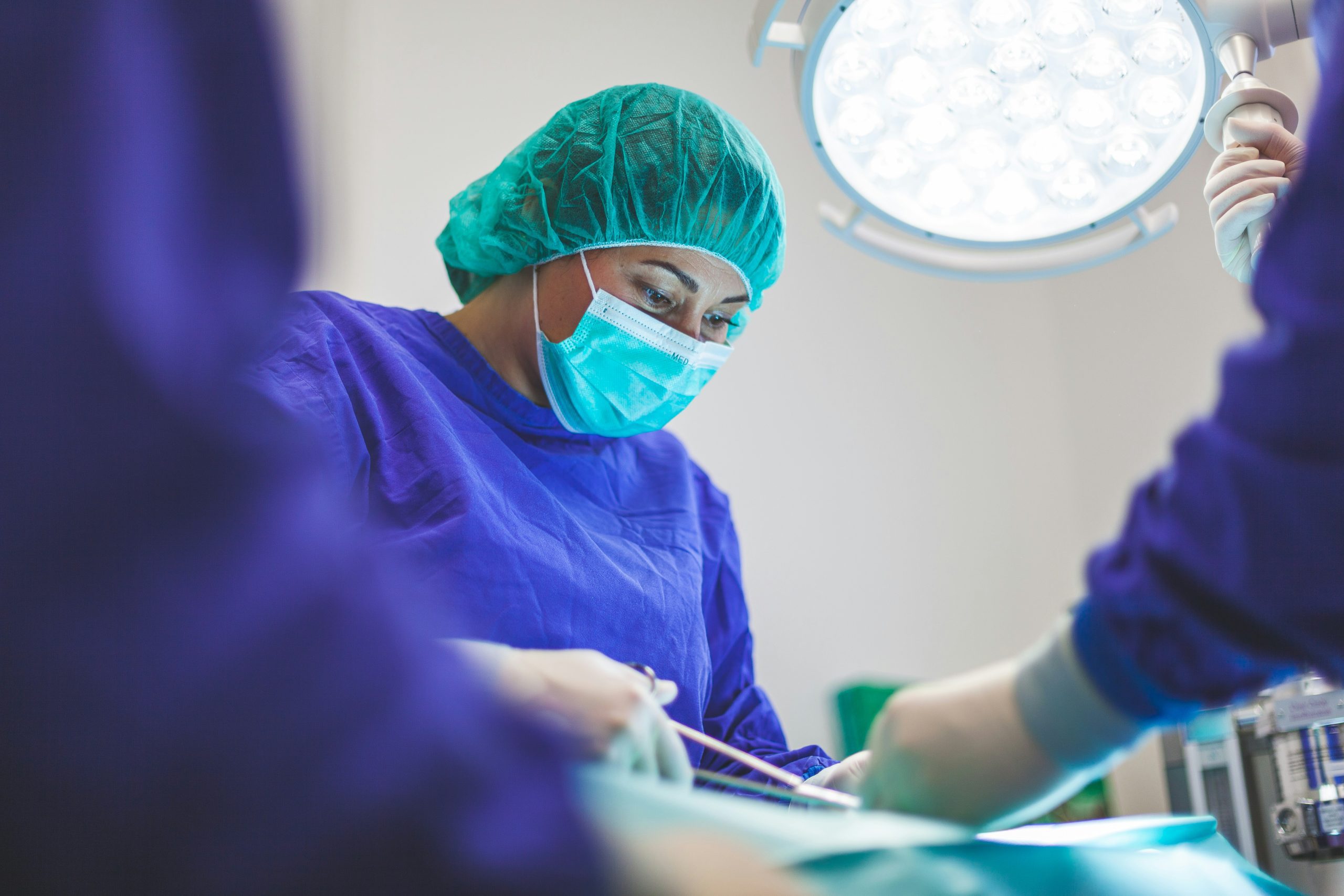

How to identify common signs of cartilage damage


Effective Ways to Restore Knee Cartilage Without Surgery




Microfracture surgery has been a technique for treating defects and repairing damaged cartilage for several years with promising short-term results. This has led to its continued use in orthopaedic surgery, but when it comes to long-term effectiveness for patients, its results are questionable. In this article, we’ll be discussing why microfracture surgery isn’t as successful as it seems and the potential alternative treatment options for cartilage damage.
Microfracture surgery is performed arthroscopically, which means a keyhole approach is taken with multiple small holes made in the bone where the cartilage is missing. A camera is used to look inside the knee with one or two instruments used to complete the procedure. Through the holes created, blood can flow directly to the area, rich in growth factors to coat the surface of the joint. The blood then stimulates a healing response, and a clot forms, which eventually develops into new cartilage, also known as fibrous cartilage.
In the early days of microfracture surgery for cartilage repair, it showed promising results in athletes with knee injuries. However, these results began to decline over time due to the breakdown of the repair tissue over a few years from repeated injury during intense activities restricting the body’s durable healing capabilities.
When the results of microfracture surgery were monitored across the longer term, they varied quite significantly. One study saw positive outcomes for the patient for 2 years following the treatment but gradually deteriorated from there.
Not only that but when the surgery was carried out on older patients with larger or more than one lesion, there was a higher risk of osteoarthritis progression. There is also the risk of cysts forming in the bone as a result of unhealed bone cavities, which cause the bones to become deformed and painful for the individual.
PRF (Platelet Rich Fibrin) therapy is an advanced treatment in the field of cartilage repair. It utilises the patient’s blood and the growth factors within it to support tissue regeneration. Research has found impressive outcomes for PRF in enhancing healing of cartilage damage. It is an effective alternative to microfracture for knee cartilage repair, providing a solution that naturally stimulates regeneration without the increased risk of osteoarthritis progression.
ACI is another potential alternative to microfracture that has been explored. This involves taking the patient’s own cartilage cells, growing, and implanting them into the damaged knee during a second procedure. It is typically used in cases with larger cartilage defects, it has proven to be effective but can come with an increased reoperation rate.
A variation of ACI, MACI is a procedure in which the cultured cartilage cells are first implanted onto a biocompatible scaffold before being placed into the damaged knee. This can offer more stability during the cartilage repair and has also seen positive results, especially in comparison to microfracture which comes with limitations.
Other treatment options that are considered as alternatives to microfracture for knee cartilage repair are mosaicplasty and mesenchymal stromal cells. Mosaicplasty transfers bone and cartilage from the patient to the damaged area and has had good results, especially in younger individuals with smaller lesions. Mesenchymal stromal cells are preferred for their therapeutic impact on the cartilage and subchondral bone.
Despite its common use in orthopaedic surgery and initial, short-term results, the answer to the question of this article is that microfracture knee surgery is not very successful for long term cartilage repair treatment. It can cause avoidable damage and in most cases isn’t the right type of treatment for patients who have cartilage damage in their knee. There are several other treatments available that can offer effective, long-term repair and relief for individuals without the added risks of further complications from microfracture surgery.
As an experienced knee pain specialist in London, Professor Paul Lee and the rest of the London Cartilage Clinic team can help patients with exclusive, tailored treatments. Our commitment to patient care ensures the best possible outcome for improving symptoms and overall quality of life in carrying out everyday activities, which can be taken for granted. Book a free chat online to get started or contact us directly if you have any questions.

